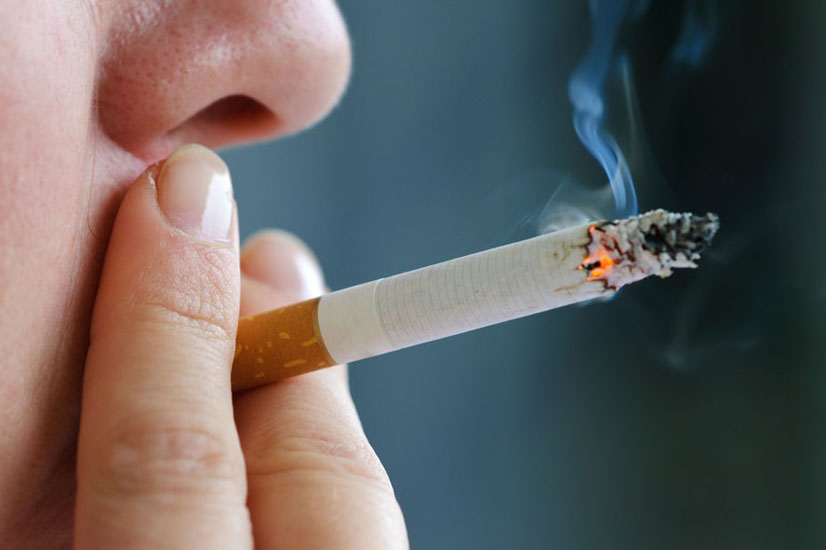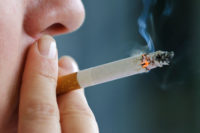Tobacco companies were ordered last week to place warning statements about their products’ health effects on their websites and cigarette packages – the latest step in a court order they’ve been fighting for 17 years.
Altria, its Philip Morris USA subsidiary and R.J. Reynolds have until Nov. 21, 2018 to publish “corrective statements” on five topics about which they had been found to deliberately deceive the public:
- the adverse health effects of smoking
- the addictiveness of smoking and nicotine
- the lack of significant health benefit from smoking "low tar," "light," "ultra light," "mild" and "natural" cigarettes (products that have been deceptively marketed as less harmful than regular cigarettes)
- the manipulation of cigarette design and composition to ensure optimum nicotine delivery and
- the adverse health effects of exposure to secondhand smoke
There is ongoing litigation whether the tobacco companies must post corrective statements at retail point-of-sale displays.
A landmark case against smoking
The companies were first ordered to make the statements in in 2006, when U.S. District Judge Gladys Kessler issued a landmark judgment that they had violated civil racketeering laws and lied to the American public for decades about the health effects of smoking and their marketing to kids. Starting last November, the tobacco companies have also disseminated the corrective statement through advertisements in newspapers and during primetime on the major television networks. The newspaper ads ended in March and the TV ads will end in November.
The American Lung Association (ALA) is one of the public health organizations cheering the latest court order. It said in a statement:
“Make no mistake: The tobacco companies are not making these statements voluntarily or because of a legal settlement. They were ordered to do so by a federal court that found they engaged in massive wrongdoing that has resulted in ‘a staggering number of deaths per year, an immeasurable amount of human suffering and economic loss, and a profound burden on our national health care system,’ as Judge Kessler wrote in her 2006 final opinion. Importantly, Judge Kessler concluded, ‘The evidence in this case establishes that Defendants have not ceased engaging in unlawful activity.’”
What they have to do
The latest court order sets forth details for implementing the corrective statements on the tobacco companies' websites and cigarette packs:
- Websites: The tobacco companies must place the corrective statements on their websites beginning on June 18, 2018, and they will run indefinitely. The statements will appear on the websites of all Philip Morris cigarette brands, including Marlboro; all R.J. Reynolds cigarette brands, including Newport and Camel; and four former R.J. Reynolds/Lorillard cigarette brands sold in 2015 to ITG Brands (Winston, Salem, Kool and Maverick). The statements will also appear on the corporate websites for Altria, Philip Morris USA, R.J. Reynolds and ITG Brands.
- Cigarette packs: The tobacco companies must attach the corrective statements as "onserts" on cigarette packs for a total of 12 weeks over two years (two weeks at a time, three times a year, for two years). They have 30 weeks (until November 21, 2018) to begin implementing this requirement.
480K deaths a year
Despite significant progress in reducing smoking, tobacco use is still the leading cause of preventable death and disease in the United States, killing more than 480,000 Americans and costing the nation about $170 billion in health care expenses each year.
Our six public health organizations – the American Cancer Society, American Heart Association, American Lung Association, Americans for Nonsmokers' Rights, National African American Tobacco Prevention Network and the Tobacco-Free Kids Action Fund (a 501c4 affiliate of the Campaign for Tobacco-Free Kids) – joined the case as intervenors in 2005 to ensure that public health interests were effectively presented to the court.
The public health intervenors are represented by the Washington, D.C., public interest law firm of Meyer Glitzenstein & Eubanks.




